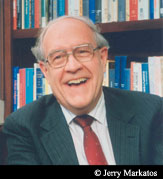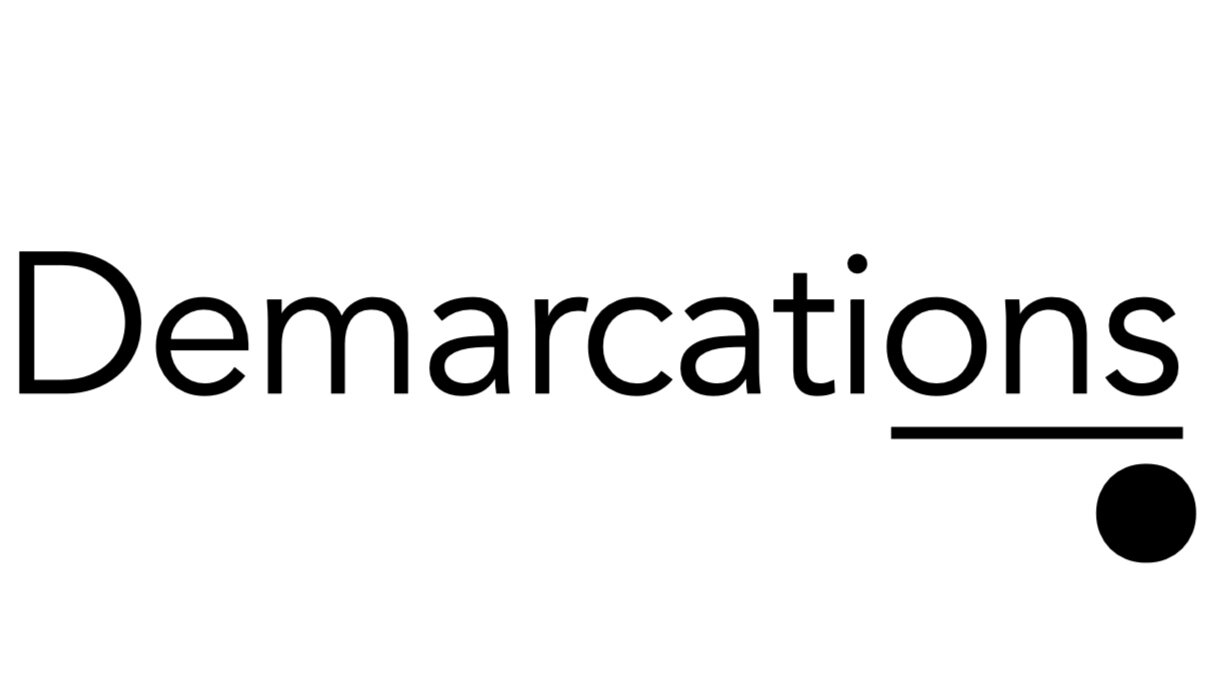Salon has a fascinating interview of Clay Shirky in which he lays out his Russia-Poland Theory:
Which is: one of the reasons Poland did better than Russia after the collapse of Communism is they'd only had one generation under the Communists, so there were still people who could remember that it had been different. Whereas, under Russia, no one alive remembered what life was like in 1916. When people go through two generations of stability, it's easy enough to adopt an attitude that it has always been this way. So for somebody entering the book publishing business in, say, the year 2000, some 23-year-old just out of school, it has always been this way. No one in the publishing industry has known anything but the postwar landscape. What you get when a situation like that happens is that one word comes to stand in for a business, a production method, a product, a cultural signifier -- the whole range of it is all compacted into that single thing.
For more about what this means for writers, books, and literature generally, definitely treat yourself to the whole piece.
As for lawyers, is there any doubt we're still at the early stages of the digital revolution? The radical re-working of how we share and value information has just started, really.
And is there any doubt the Western and international legal system more closely resembles Russia? The answer is hewn into the name plates of essentially every major law firm. (Literally, are there any lawyers alive who remember the profession being fundamentally different in structure from ours today?) Were Abe Lincoln still around, he'd have no trouble returning to practice.
As Shirky goes on to explain, those able to work across disciplines -- people capable of seeing truth residing in the center of human inquiry and beyond the leading edges of specialities -- are well-suited for the change ahead. So, set aside that Blackstone-esque treatise this afternoon. Go begin reading and thinking broadly. Endeavor to free information from organizational silos. And explore the world outside your comfortable office.
Maybe, just maybe, this revolution could be fun.
 Wired Magazine features an interview with Fred Brooks, author of Mythical Man-Month and The Design of Design. My two favorite lines:
Wired Magazine features an interview with Fred Brooks, author of Mythical Man-Month and The Design of Design. My two favorite lines:

